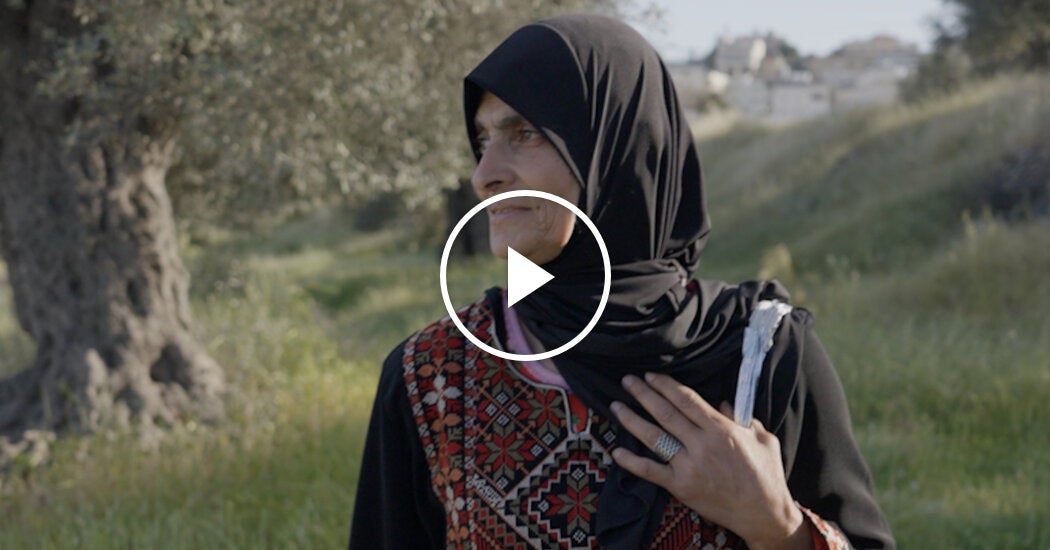In the occupied West Bank, Palestinians live in the shadow of the ongoing war in Gaza. For them, this has meant increased raids and arrests, tightening security restrictions, settler violence and economic turmoil. We spent time with two Palestinians whose lives and livelihoods are being reshaped by the war and who worry that some of these changes may be long lasting. 29-year-old taxi driver and tour guide Laith Al-Muti now waits all day here at one of the Israeli-controlled checkpoints into Bethlehem. But these days, barely any visitors come through. Thirteen miles away in the Tel Rumeida area of Hebron, Wijdan Ziadeh’s life is also at a standstill. The site of an Israeli settlement, Palestinians in the area say their movement, limited before the war, has felt even more restricted since Oct. 7. Control over security in Hebron is divided into two zones. H1 is managed by the Palestinian Authority and H2, where Ziadeh lives, is managed by the Israeli military. The Israeli military told The Times that security measures have increased in the West Bank as part of a response to terrorist operatives, including Hamas, and that their forces are in Tel Rumeida to help ensure the safety of all residents. But Ziadeh lives in fear of scenes of settler aggression like this one captured by a nearby Palestinian resident. Ziadeh says since the war, her settler neighbors have become even more aggressive towards her and her two sons. Throughout the West Bank, incidents of settler violence against Palestinians jumped in the aftermath of Oct. 7, according to the U.N., who have recorded nearly 950 attacks as of June 2024. Palestinians in the area say that the Israeli military are there to protect the settlers and that settler violence against Palestinians largely goes unpunished, a decades-long pattern detailed in a recent Times investigation. Back in Bethlehem, Laith also fears for the future. Sites he used to frequent with tourists, like the Church of the Nativity, now sit empty. Al-Muti and Ziadeh say they don’t know what’s next for them or for others in the West Bank.
